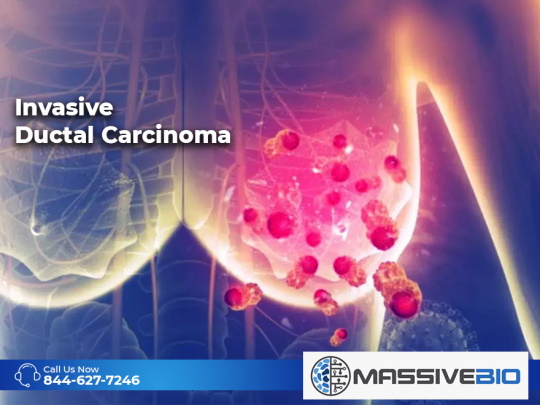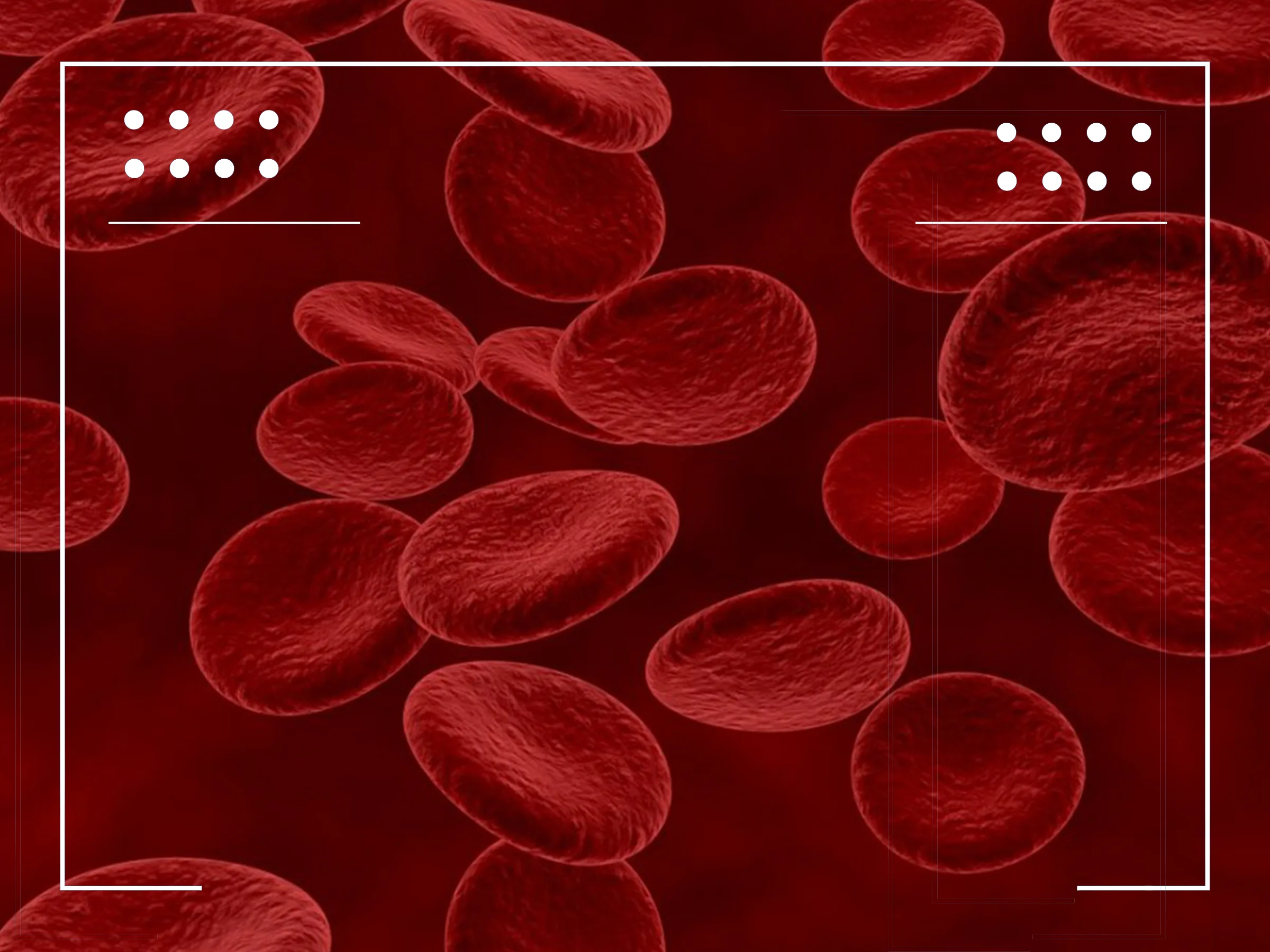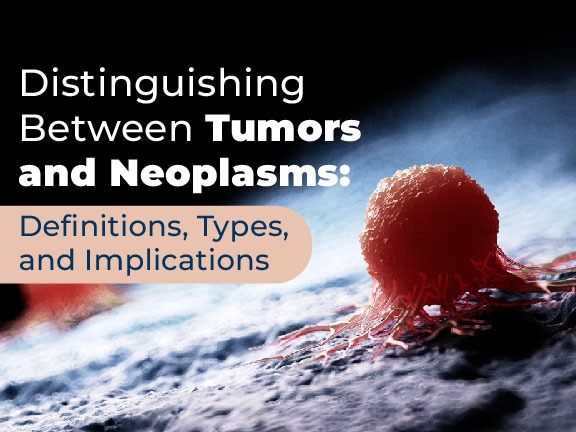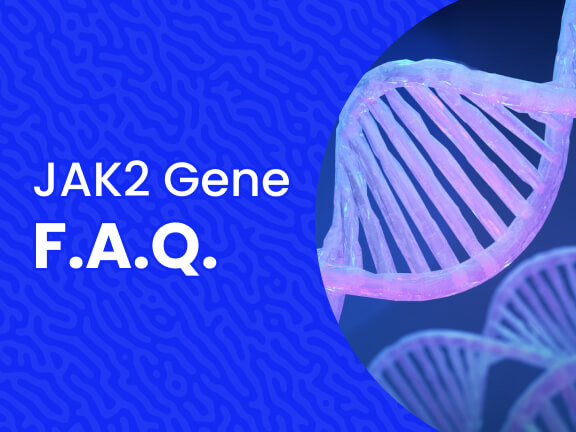Bladder cancer treatment depends largely on the stage of the cancer, the overall health of the patient, and the specific type of cancer cells present. For non-muscle invasive bladder cancer, treatments may include transurethral resection (TURBT), which involves removing cancer cells through the urethra, and intravesical therapy, where chemotherapy or immunotherapy drugs are placed directly into the bladder.
Bladder cancer treatment also often involves follow-up and surveillance to monitor for recurrence, which is relatively common with bladder cancer. After initial treatment, patients typically undergo regular cystoscopies to inspect the inside of the bladder for new cancer growths. Advanced treatments, like immunotherapy, have also become more prevalent, particularly for patients with metastatic bladder cancer. These therapies help the immune system recognize and fight cancer cells more effectively. Deciding on the best course of treatment involves a detailed discussion between the patient and their healthcare team, considering the potential benefits and side effects of each option.
Treatment for Bladder Cancer
The approach to treatment for bladder cancer largely depends on the stage and type of the cancer, as well as the overall health of the patient. Bladder cancer symptoms such as blood in the urine, frequent urination, and pelvic pain are typically what prompt individuals to seek medical attention. Understanding these symptoms of bladder cancer can lead to earlier diagnosis and treatment, which can significantly affect outcomes.
When considering how to treat bladder cancer, it’s crucial to consider the stage of cancer. Early-stage cancers that have not invaded the muscularis propria (a layer of muscle in the bladder wall) are often treated with less invasive procedures, such as transurethral resection (TURBT). However, for more advanced stages, especially those that have spread to lymph nodes or beyond, treatments become more aggressive. Options may include radical cystectomy, radiation therapy, and immunotherapy.
Bladder cancer treatments can vary from BCG immunotherapy, which is instilled directly into the bladder and is particularly effective for non-muscle invasive bladder cancer, to systemic chemotherapies and novel immunotherapies that target specific biomarkers identified in the cancer cells. The use of immunotherapy has been a significant advancement, particularly for patients with advanced or recurrent bladder cancer.
Questions such as “What is life expectancy with bladder cancer?” and “How treatable is bladder cancer?” often arise. These questions can be challenging to answer definitively as they depend on numerous factors, including the cancer’s aggressiveness, the treatments chosen, and individual patient factors. Generally, the earlier the stage at diagnosis, the better the potential outcomes.
Regarding the pace at which bladder cancer progresses, “How fast does bladder cancer spread?” is another common concern. The growth rate can vary widely among individuals, with high-grade tumors typically spreading faster, emphasizing the importance of early detection and timely treatment.Overall, treatments for bladder cancer must be tailored to the specific needs of each patient. This involves frequent urinary assessments and continuous monitoring for recurrence or progression of the disease. Effective treatment plans are developed based on a thorough evaluation of all available medical data and a comprehensive understanding of each patient’s unique situation.












